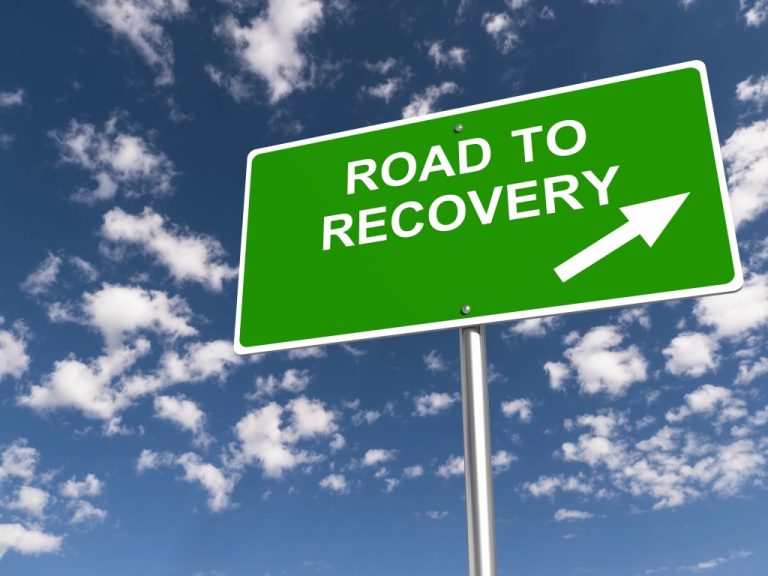Content
Intensive outpatient treatment is similar to partial hospitalization, but it allows you to live at home while receiving treatment. Outpatient treatment is a less intensive form of treatment that allows you to remain in their homes and participate in your usual activities while receiving care. All these types of treatment 5 Tips to Consider When Choosing a Sober Living House can help you maintain sobriety and avoid relapse. People who detox at home need to have loved ones around them and a high level of support. The first few days after stopping a drug can be difficult and unpredictable. It is important to be surrounded by people who can help keep you physically and mentally stable.

Professional treatment will also include relapse prevention education and strategies to help individuals stay sober long-term. Finally, professional treatment provides an individual with access to resources from caring professionals who are dedicated to helping them overcome their addiction and achieve their recovery goals. In acupuncture, specially designed needles are inserted at various places on your skin. According to the principles of Chinese medicine, the needles adjust your body’s energy flow. Research shows that properly performed acupuncture can help you control your alcohol withdrawal symptoms.
Alcohol Detox at Home: A Quick Guide
However, it’s important to keep in mind that alcohol detox can be dangerous if it’s done at home. Detox at a professional rehab facility is typically the most recommended method for addressing alcohol addiction and dependence. If you fall into one of these categories, it’s important to seek professional medical help and to detox in a supervised medical setting. This will ensure that you receive the proper care and support you need to safely and effectively overcome your alcohol addiction. When someone decides to stop drinking alcohol, they may try to jump straight into the recovery process. For some individuals, this means attempting an alcohol detox at home.
Eleven were placed in the ‘good’ outcome category, one was designated as ‘improved’ and nine patients were unimproved. Of those not re-interviewed in person, one was allocated as ‘improved’ and seven had returned to problematic drinking. One had died during the follow-up period and the remaining seven were untraceable. Taking the day hospital group as a whole, 31% were in the ‘good’ outcome category (Table 5). If you or your loved one is suffering from drug or alcohol dependency, look no further than Charles River Recovery’s effective and proven evidence and medical-based treatment programs. While detoxing at home, there is often an increased risk of relapse due to the lack of structure and support provided by a medical professional.
What non-drug strategies are there to help withdrawal?
Doing so involves knowing how many units of alcohol you usually drink. You may want to keep a drinking diary for over a week to track your alcohol consumption accurately. Executive Home Detox employs Registered Nurses who are expert in administering and evaluating detox medications. There are many medications that may be prescribed to assist with alcohol withdrawal. A clinician expert on these medications should be consulted for more information.
A successful alcohol withdrawal not only involves detoxing from alcohol, but strong willpower to stop drinking. When you stop drinking alcohol suddenly, the body reacts with a series of withdrawal symptoms. These symptoms are painful, difficult to manage, and may last for weeks. Without any medication to help you through it, the process is even harder.
Dangers of Withdrawal Symptoms During Alcohol Detox at Home
Additionally, some OTC medications and supplements can be dangerous during withdrawal, so it’s critical to talk to a physician before taking anything during an at-home detox attempt. Also known as dual diagnosis, co-occurring mental health issues can make detox at home riskier and worsen side effects. Psychiatric symptoms can worsen too, putting you at risk for increased anxiety, depression, psychosis, or self-harm. Without medical care, withdrawing from drugs and alcohol can be painful, and cravings may feel unbearable. During this process, your brain sends signals and produces chemicals and hormones that cause you to experience withdrawal symptoms and intense urges to use substances again.



